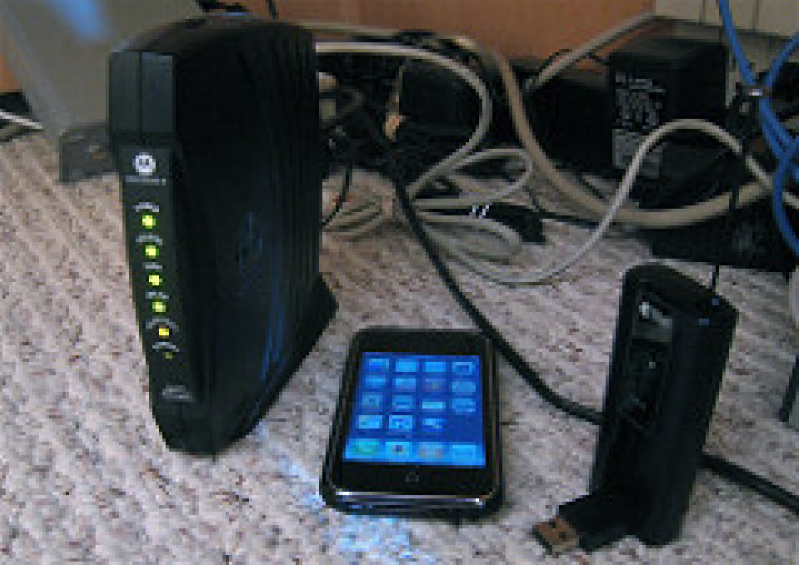
Internet access is a privilege that can be enjoyed by less than half of the world's population. On the other hand, nearly 4 billion people are still offline. The recent report of the United Nation's International Telecommunications Union (ITU) also showed how the use of internet varies among countries, gender, educational background, economic status and other factors.
ITU's report revealed that 47 percent of the world's population is online. This is less than UN's goal of 60 percent come 2020. That only means that there are still 3.9 billion people who are offline. Though ITU actually expects that 3.5 billion will have access by the end of 2016, according to Reuters. In fact, UN's expectation might be met with almost half of the world's population are already online by the end of 2016. This will be caused by the cheaper cost of connection and growing mobile networks. However, UN predicts that the concentration will stay in the developed countries.
ITU explained that both 3G and 4G networks all over the world have been instrumental in allowing more and more people connect to the internet. 84 percent of the world's population is covered by these mobile-broadband networks. Though it seems that only 47.1 percent of them are actually using the internet.
Though this is the case, it's evident how internet access varies across the world. Data shows that 80 percent of the population in developed countries use the internet. Draw that comparison to 40 percent in developing countries and only less than 15 percent in less-developed countries who are online.
Furthermore, there is only one person in 10 who are connected to the internet in Africa's poorer countries. The report pointed out that less-developed countries are "lagging nearly 20 years behind the developed countries". One of the possible reasons is the high price of mobile cellular use. ITU also discovered that the offline population is disproportionately female, elderly, less educated, poor people and as well as those who live in rural areas.
There are several problems that should be addressed to get more people online. For instance, those who have achieved lower education are more likely to access the internet. In addition, people whose salary is not enough for his/her family's needs will not have extra money to spend for using the internet. ITU acknowledged that the focus should be on reducing such socio-economic inequalities.
The data gathered by ITU is part of the agency's role to document events regarding information and communication technologies.






